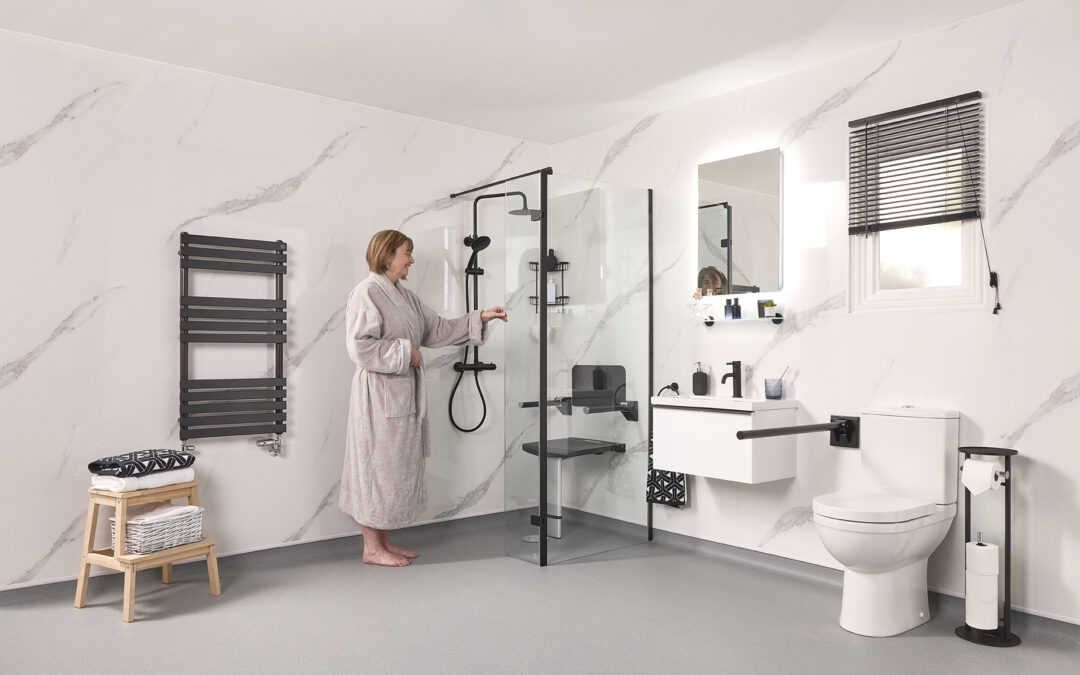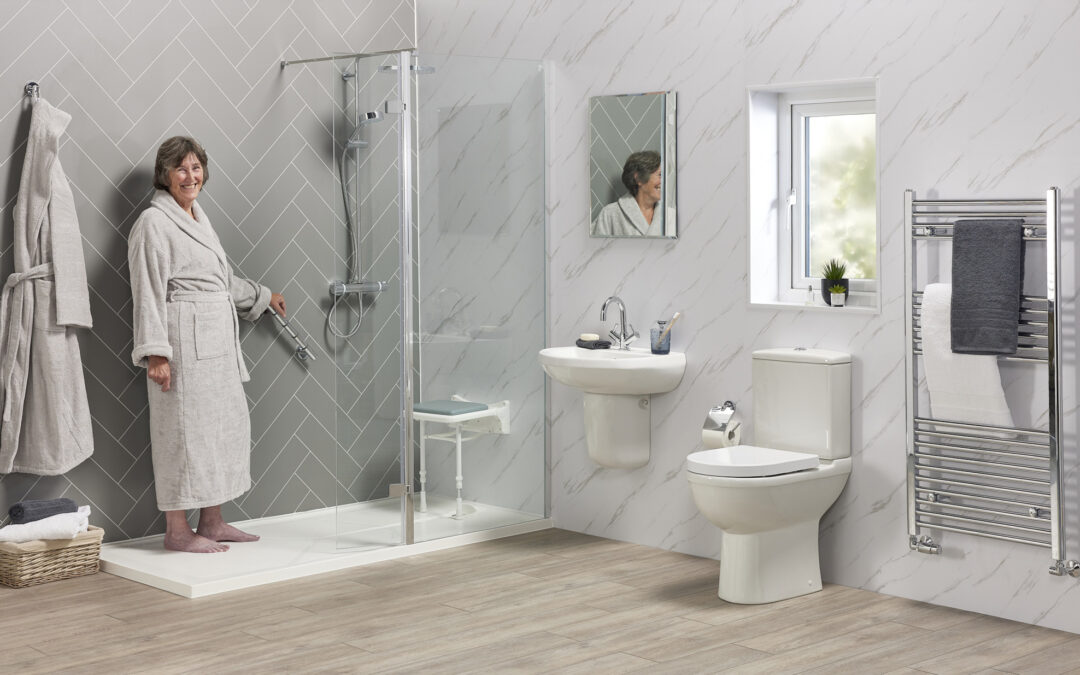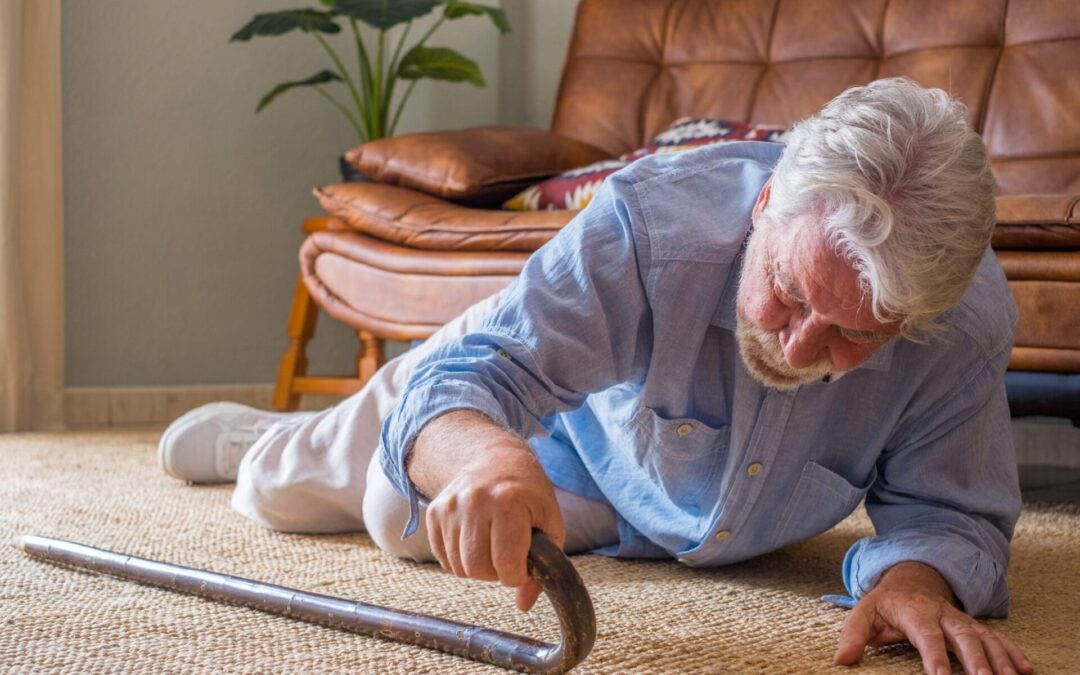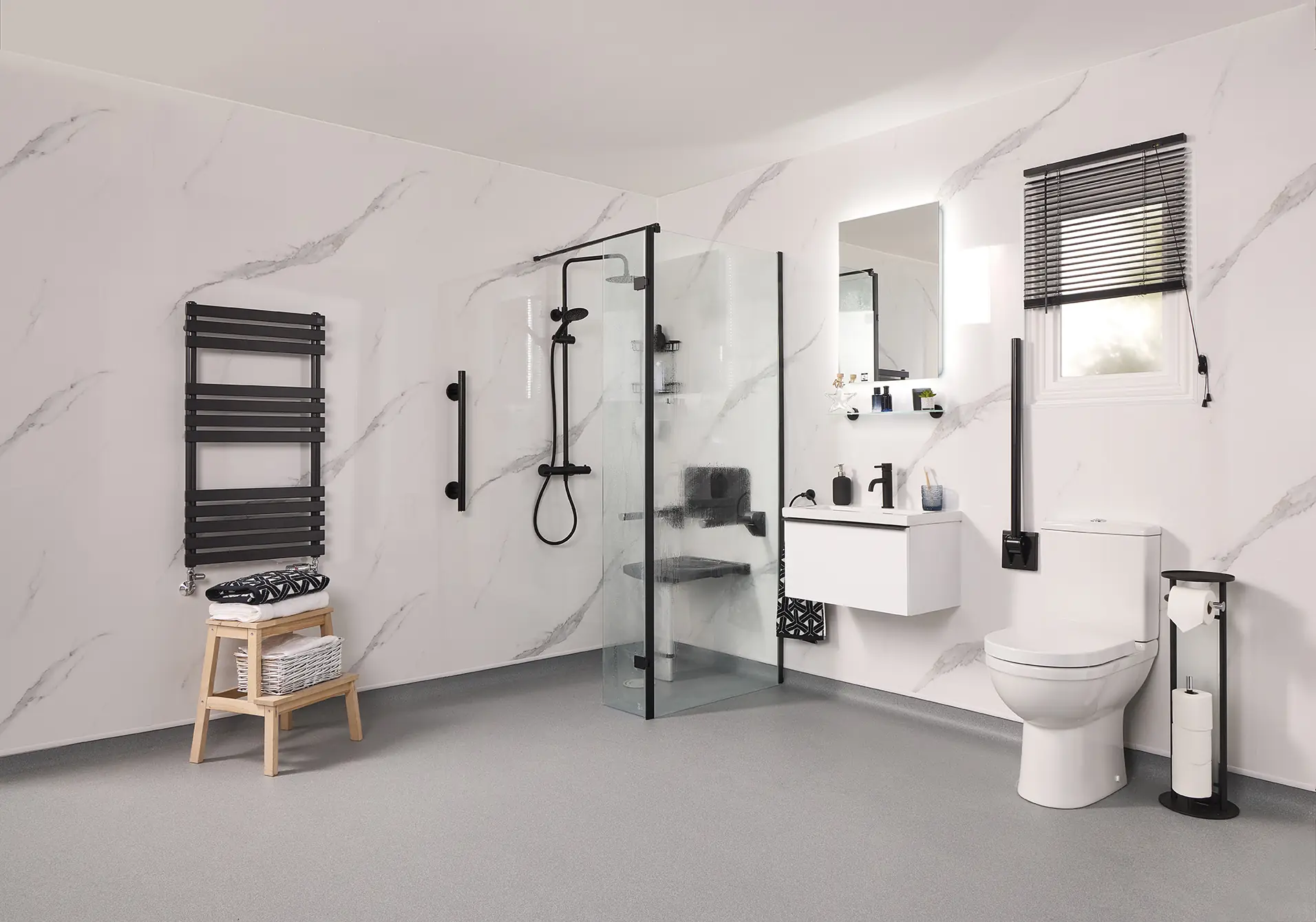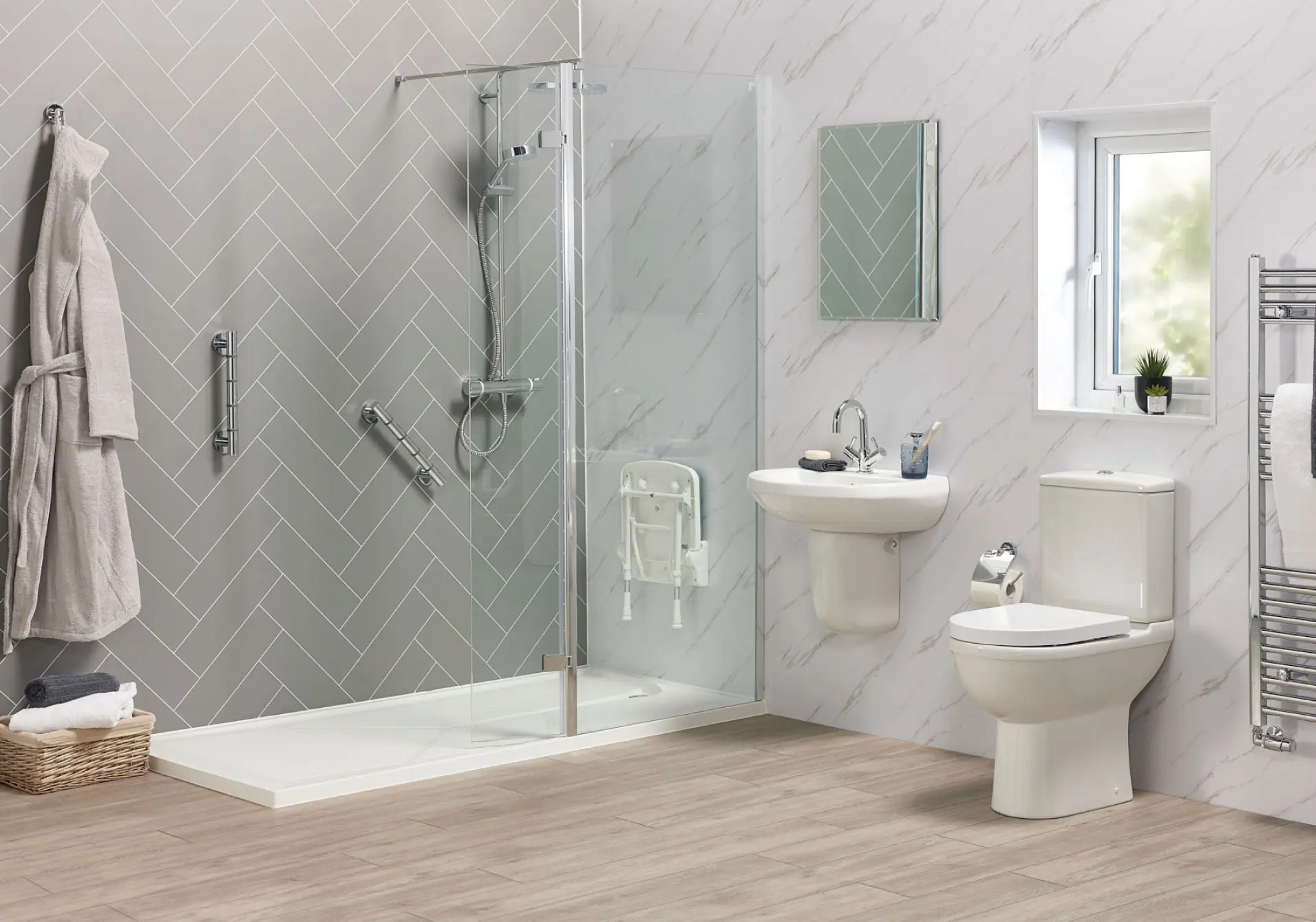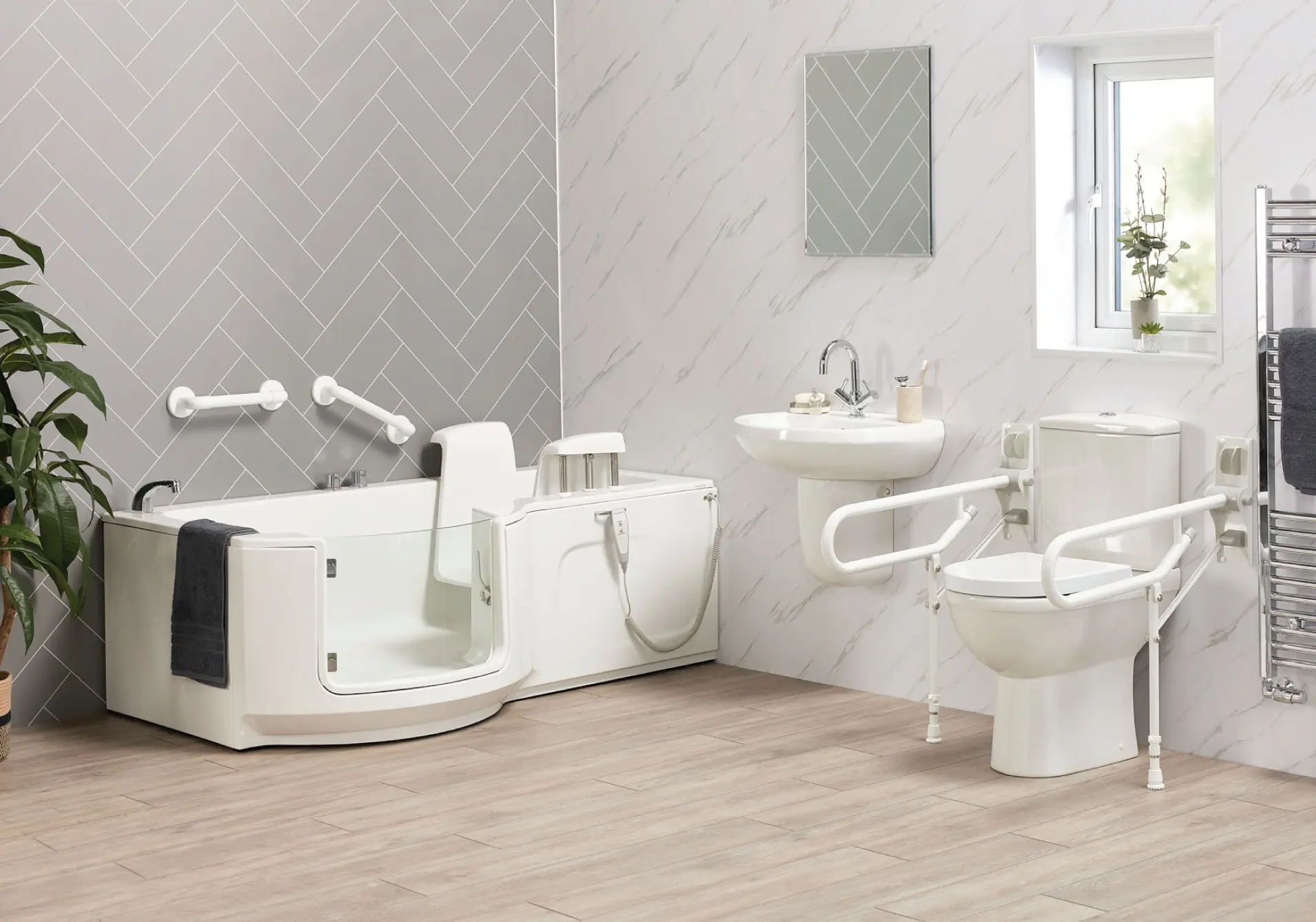Maintaining balance is a complex interplay of various systems within the body, including the inner ear, nervous system, muscles, and vision. When any of these components are disrupted, it can lead to feelings of dizziness, unsteadiness, and difficulty maintaining equilibrium. Below are ten common factors that can contribute to balance issues, ranging from inner ear problems and neurological conditions to medication side effects and psychological factors. Understanding these factors can help individuals recognise potential causes of balance difficulties and seek appropriate treatment and management strategies. Let’s delve into each of these factors to gain a deeper understanding of how they can impact balance and stability.
1. Inner ear problems
The inner ear contains structures responsible for sensing motion and spatial orientation. Conditions like labyrinthitis, an inflammation of the inner ear, Meniere’s disease, which involves fluid buildup in the inner ear, and benign paroxysmal positional vertigo (BPPV), where tiny calcium particles in the inner ear become displaced, can all disrupt the normal functioning of the vestibular system, leading to dizziness and balance problems.
2. Neurological conditions
Disorders affecting the nervous system can interfere with the transmission of signals related to balance and coordination. Parkinson’s disease, for example, affects the brain’s ability to control movement and balance. Multiple sclerosis (MS) can damage the nerves responsible for transmitting signals between the brain and the body, leading to balance issues. Similarly, stroke can damage areas of the brain responsible for balance and coordination.
3. Medications
Certain medications can have side effects that include dizziness and imbalance. These may include medications used to treat high blood pressure, antidepressants, antipsychotics, sedatives, and some types of pain medications. These drugs can affect the central nervous system and interfere with the brain’s ability to regulate balance.
4. Muscle weakness or joint problems
Weakness in the muscles or problems with joints, particularly in the legs and feet, can impair balance and stability. Conditions such as arthritis, which causes inflammation and pain in the joints, muscle atrophy due to lack of use or neurological conditions, and injuries to muscles or ligaments can all contribute to balance difficulties.
5. Visual disturbances
Vision provides important cues for maintaining balance and spatial orientation. Conditions that affect vision, such as cataracts, which cloud the lens of the eye, glaucoma, which damages the optic nerve, or macular degeneration, which affects central vision, can all impact balance. Poor lighting conditions or wearing the wrong prescription glasses can also contribute to balance problems.
6. Cardiovascular issues
Problems with the cardiovascular system can lead to inadequate blood flow to the brain, resulting in dizziness and lightheadedness, which can affect balance. Conditions such as low blood pressure, irregular heart rhythm, heart valve disorders, or atherosclerosis, which narrows the arteries, can all contribute to balance issues.
7. Dehydration
Dehydration can cause a drop in blood pressure, leading to dizziness and lightheadedness. This can affect balance and coordination, making individuals more prone to falls. Dehydration can occur due to inadequate fluid intake, excessive sweating, vomiting, or diarrhea.
8. Infections
Certain infections can affect the inner ear, leading to inflammation and disruption of normal balance function. Inner ear infections, such as vestibular neuritis or labyrinthitis, can cause severe vertigo and imbalance. Viral illnesses affecting the inner ear, such as vestibular neuronitis, can also lead to temporary balance disturbances.
9. Age-related changes
As people age, various changes occur in the body that can affect balance. These include changes in the vestibular system, deterioration of muscles and joints, and decreased visual acuity. Additionally, age-related conditions such as osteoarthritis, osteoporosis, and age-related macular degeneration can all contribute to balance difficulties.
10. Psychological factors
Anxiety disorders and panic attacks can sometimes manifest with symptoms of dizziness, lightheadedness, and feelings of unsteadiness. These sensations can be triggered by stress or perceived threats and can lead to balance issues, particularly during episodes of heightened anxiety. It’s essential to address underlying psychological factors and manage stress to help alleviate these symptoms.
How EA Mobility’s Adaptations Can Help Address Balance Issues
Balance issues can significantly impact an individual’s daily life, especially in areas where stability is crucial, such as the bathroom. Slippery surfaces, confined spaces, and the need to maneuver around fixtures can pose significant risks for those with balance difficulties. This is where EA Mobility steps in to provide tailored solutions through bathroom adaptations.
By partnering with EA Mobility, individuals facing balance challenges can benefit from expertly designed bathroom adaptations that prioritise safety and accessibility. Our team understands the unique needs of each individual and works closely with them to create a bathroom environment that promotes independence and confidence.
From installing level-access showers, wet rooms to incorporating grab bars and non-slip flooring, our adaptations are carefully crafted to minimise hazards and enhance usability. We take into account factors such as ease of movement, stability, and comfort to ensure that individuals can navigate their bathroom with ease and peace of mind.
Moreover, EA Mobility’s commitment to quality extends beyond the installation process. We provide ongoing support and maintenance to ensure that our adaptations remain in optimal condition, allowing individuals to continue enjoying their bathroom safely for years to come.
In summary, balance issues can pose significant challenges, particularly in spaces like the bathroom where safety is paramount. Through expertly designed bathroom adaptations, EA Mobility empowers individuals to regain their independence and confidence, turning their bathroom into a safe and accessible haven. Contact us today to discover how we can help you or your loved one live life to the fullest, even in the face of balance difficulties.




